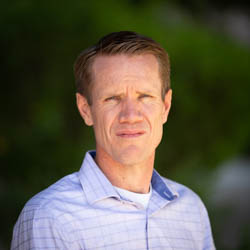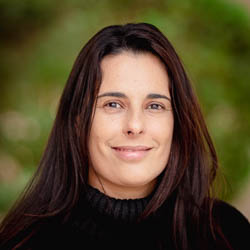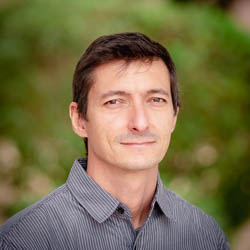Bio Huma Netics, Inc. (BHN), a leading miner and manufacturer of raw humates (humic and fulvic acids) as well as creator of soil amendments and crop nutrients based on humic technologies, has announced structural changes and expansion of its core leadership team to better align with the company’s continued growth and strategic goals. The BHN Research and Development Center has also welcomed two new members from Brazil. The newly promoted and appointed individuals stepped into their new roles effective January 2023–a milestone year for BHN as it will be celebrating its 50th anniversary.
With these new developments, the BHN executive leadership team includes Lyndon Smith, Jonathan Plehn, Justin Smith, Steve Lunt, Melanie Parkinson, Mike Boyd and Fred Nichols.
Jonathan Plehn: President

In his new role, Plehn will focus on internal operations, providing Smith the bandwidth to become even more visionary and working closely with the internal research and development team and external partners and industry groups.
Steve Lunt: Chief financial officer (CFO)

Lunt joined BHN in 2020 as the VP of accounting/corporate controller and was responsible for overseeing all accounting functions for four subsidiaries (two in the U.S., one in Mexico and one in Brazil).
Fred Nichols: Chief marketing officer (CMO)

Nichols has built and supported brands across multiple ag sectors, including crop inputs, equipment and financing. He provides vision and guidance to form the BHN brand while helping to integrate marketing with sales, research and field service. He is a member of the board of directors at Agricenter International in Memphis, Tennessee, and serves as a marketing mentor for AgLaunch, an accelerator for ag start-up companies.
Dr. Mirella Santos: Senior plant cell and molecular biologist (visiting scientist)

Dr. Daniel Zandonadi: Senior plant physiologist/agronomist (visiting scientist)

“This is a very exciting time for BHN! Our leadership team has gained highly qualified, well-deserving and valuable members,” said Smith. “As always, the focus will remain on achieving operational excellence, greater customer satisfaction, and leading the company to new heights over the next 50 years. Jonathan will be fantastic as the new president because he understands both the growth opportunities and the day-to-day challenges faced by the company. Our future is in great, experienced hands.”
“I am thrilled with this opportunity—I see a lot of potential in our products, and because of that there is a great scope for expansion and growth,” said Plehn. “The fulfillment of being instrumental in the growth of a company from something much smaller to something much bigger and significant is what drives me to put in the work consistently to make things better. As a company, we want to grow, we want to improve, we want to build with a group of like-minded people–and that’s what we have at BHN.”
Related Posts

Corn Records Without Rewards
Corn Records Without Rewards U.S. corn growers are smashing records in acreage and yield, but instead of golden returns, many are facing low prices and soaring input costs. Record bushels don’t always mean record profits.

Working with ARA: the Voice of Ag Retailers
By Lyndon SmithPresident and CEO,Bio Huma Netics, Inc. The Agricultural Retailers Association (ARA) celebrated its 30th anniversary at the 2022 ARA Conference and Expo last week. It made me reflect on our long-standing ties with ARA, and the opportunities it provides us to assist agricultural retailers (ag retailers) with their challenges. Our association with ARA

ATS Partners with Probiotic Solutions® for Microbiological Wastewater Treatment
ATS Innova and Probiotic Solutions® team up to provide the best in water treatment. Together, they will offer microbiological solutions to facilities worldwide. ATS Innova announces a partnership with Gilbert, AZ-based Probiotic Solutions® – a concentrated liquid wastewater remediation company that features Micro Carbon Technology®. The two companies announced a formal partnership at the end

